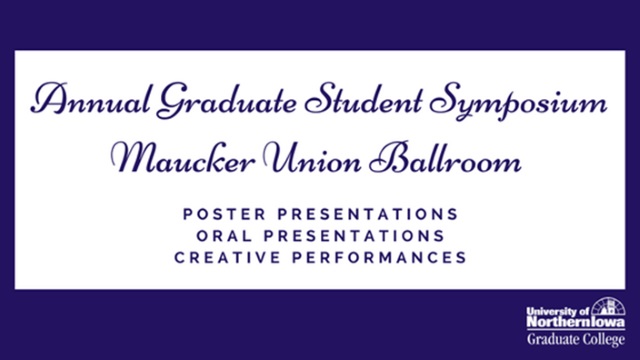
Complete Schedule
Modern Genocide: The Kosovo Refugee Crisis 1998-2004
Presentation Type
Oral Presentation
Keywords
Refugees--Kosovo (Republic); Genocide--Kosovo (Republic);
Abstract
Genocide is one of the words burned into the memory of the twentieth century. From the Holocaust to Rwanda in the mid-1990s the twentieth century offers plenty of depictions of humanity at its worst. The Kosovo genocide of the mid-1990s offers the same depiction but offers key differences from the others. Here is another European based genocide in the twentieth century, but it offers a benchmark for the international community’s response to the emerging politics of the failed Soviet Union and how the people from the former Soviet Republics will be dealt with internationally. Kosovo offers a key examination of how people in the modern setting react to genocide and those who are being persecuted react to their changing surroundings. This presentation offers a closer look at how people and states react when presented with genocide in contemporary times with an emphasis on the movement of people across international boundaries and how these people react when the crisis ends.
Start Date
3-4-2019 1:00 PM
End Date
3-4-2002 4:00 PM
Faculty Advisor
Dr. Donna Maier
Department
Department of History
Department
Department of Public Policy
Copyright
©2019 Jacob Bartlett
File Format
application/pdf
Embargo Date
4-17-2019
Modern Genocide: The Kosovo Refugee Crisis 1998-2004
Genocide is one of the words burned into the memory of the twentieth century. From the Holocaust to Rwanda in the mid-1990s the twentieth century offers plenty of depictions of humanity at its worst. The Kosovo genocide of the mid-1990s offers the same depiction but offers key differences from the others. Here is another European based genocide in the twentieth century, but it offers a benchmark for the international community’s response to the emerging politics of the failed Soviet Union and how the people from the former Soviet Republics will be dealt with internationally. Kosovo offers a key examination of how people in the modern setting react to genocide and those who are being persecuted react to their changing surroundings. This presentation offers a closer look at how people and states react when presented with genocide in contemporary times with an emphasis on the movement of people across international boundaries and how these people react when the crisis ends.



